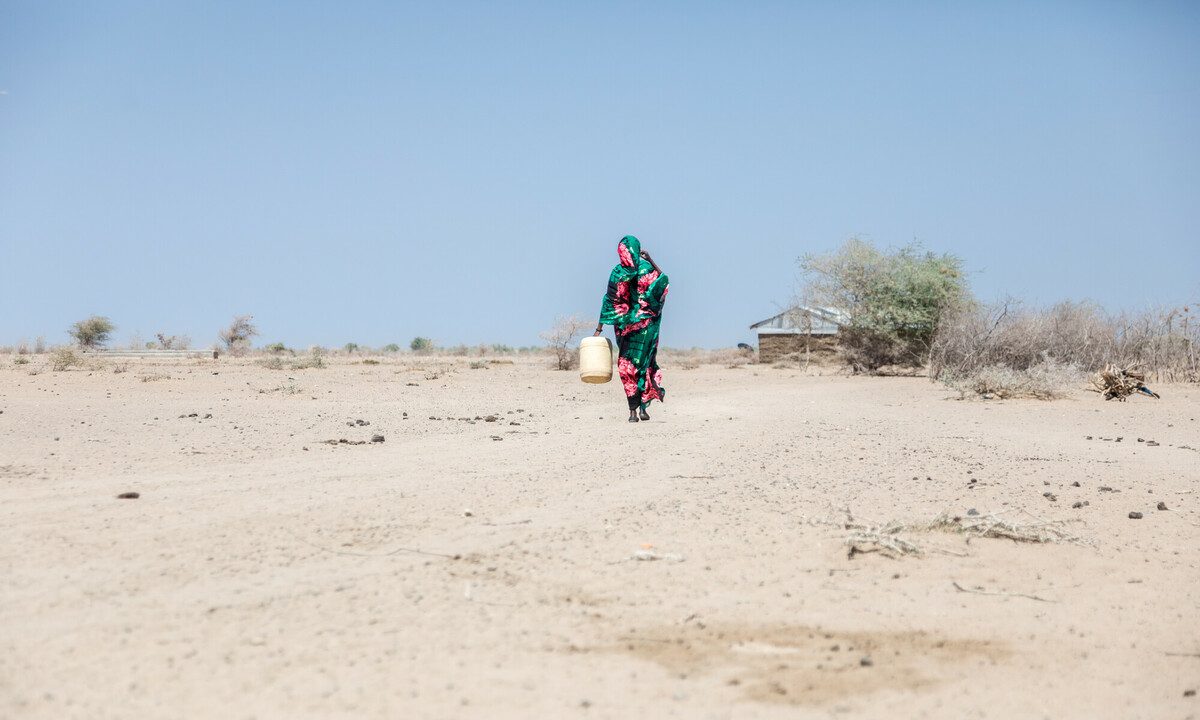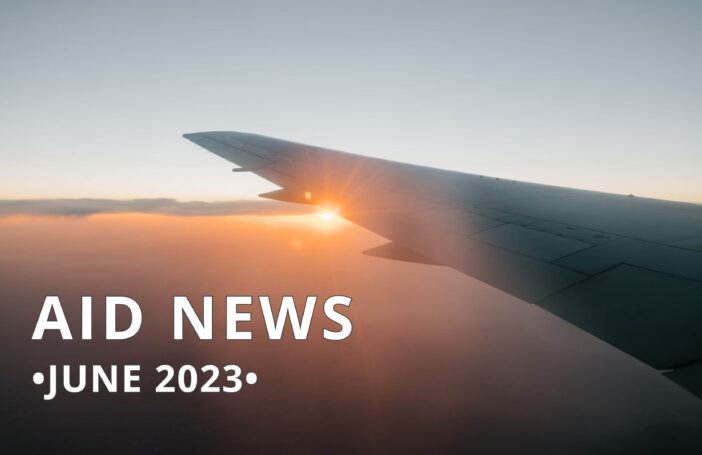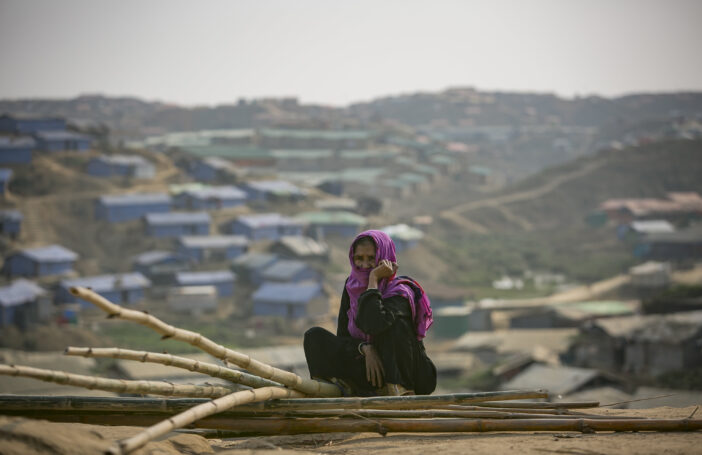The world is experiencing multiple crises, with the impacts of conflict, COVID-19, growing inequality and climate change causing greater poverty and hardship. Progress towards eradicating extreme poverty has slowed for the first time in decades. Climate change-fuelled disasters and humanitarian crises are rising now and will intensify in the future. The number of people needing lifesaving humanitarian aid is increasing. In 2023, the United Nations Office for the Coordination of Humanitarian Affairs (OCHA) has forecast that this need has increased to 339 million people, 65 million more than in 2022.
In the Horn of Africa famine is imminent, with around 20.2 million children now facing the threat of severe hunger, thirst and disease, compared to 10 million last July. One person is dying every 48 seconds in Ethiopia, Kenya and Somalia alone. The Food Security and Nutrition Analysis Unit is expecting an official famine declaration in Somalia between April and June 2023, just as international support is set to decline due to a lack of adequate funding.
In response, OCHA has called for USD51.5 billion for life-saving support in 2023, the highest request on record. But global funding for humanitarian aid has fallen short by 44% over the last five years. Put simply, wealthy countries are failing to meet our moral obligation to the world’s poorest and most vulnerable people.

In the 2011 famine in the Horn of Africa, Australia was one of the global leaders in responding. Australia contributed AUD112 million, one of Australia’s largest ever international disaster relief contributions at the time. One key lesson from the response, however, was that Australia, along with many other countries, waited until the famine was declared before responding. This was widely seen as too late, and meant many lives were lost due to the delayed response.
We cannot afford to make this mistake again.
As the famine in East Africa looms large, and the polycrisis escalates hunger and humanitarian needs to record levels, 26 leading Australian development agencies have banded together to form the Help Fight Famine Coalition.
At Parliament House on the 20 March 2023 the Help Fight Famine Coalition launched its latest report, together with new polling, escalating calls on the federal government to step up its humanitarian and aid funding in the forthcoming federal budget.
The launch highlighted the current disconnect between the growing majority support for aid to our region by everyday Australians, and Australia’s record of low humanitarian and declining aid funding over the past decade. This report and the polling provide a clear message to the Albanese government that there is strong support in the community for restoring and growing aid funding, despite our own economic challenges.
The Help Fight Famine Coalition commissioned YouGov to conduct polling with over 1,000 Australians, which found that public support for Australian government funding for overseas aid to developing countries has increased from 52% in 2019 to 57% in 2021, and to 60% in 2023. This consistent increase in support is deeply encouraging in the context of Australia’s cost-of-living crisis, and is consistent with findings from the Development Policy Centre that in the wake of COVID-19 Australians increasingly support assistance to developing countries.
Australia is one of the wealthiest countries in the world, yet over the past decade our humanitarian funding has remained comparatively low, albeit with welcome incremental increases in the past three years. Using OCHA data we found that in 2022 Australia gave 0.01% of GDP to humanitarian aid. Proportional to GDP, that’s half New Zealand’s contribution, a quarter of Japan’s and the UK’s, and one-sixth of the United States’. Our giving on a per capita basis isn’t much better. While OCHA data may not be reflective of all humanitarian funds given by countries, it provides an important point of international comparison.

The Australian government has so far given AUD25 million for the looming famine in the Horn of Africa, with just AUD5 million directly earmarked for Somalia. This is part of two hunger support packages totalling AUD40 million, which also included support for Yemen and Pakistan. This is a start, but with global funding for the country about to nosedive, we must step up.
Our record on total overseas development assistance is just as disappointing. Over the past decade, over AUD1.6 billion in inflation-adjusted dollars has been stripped out of aid, such that it has dropped to just 0.2% of gross national income (GNI) in 2022-23. Australia was the tenth richest country in the OECD in 2020, yet our contribution falls well short of the OECD Development Assistance Committee average of 0.33% of aid-to-GNI. In the 2022-23 federal budget, the government committed an extra AUD1.4billion over four years to aid. This is a good start but, as at the October 2022 budget, Australia’s aid will continue to go down both as a proportion of GNI and after inflation. And none of the government’s additional aid was earmarked for global crises like the looming famine in East Africa.
In the 2023-24 budget, the Help Fight Famine Coalition believes Australia can do a whole lot more to create a better future and respond to the great challenges of our times. We are optimistic that the new government can bring not only a positive ethos and strategic vision to development, but a recognition of the positive popular sentiment towards aid that will reverse our disappointing record over the last decade.
In relation to the hunger crisis, the Help Fight Famine Coalition is calling for another AUD110 million to stop a catastrophe in the worst-affected hunger hotspots in the Horn of Africa, Yemen, Afghanistan and Syria.
The Help Fight Famine Coalition is also calling for the annual allocation to the Humanitarian Emergency Fund to be doubled to AUD300 million in recognition of the increasingly unstable world we face. We want AUD200 million invested annually for three years into global food security to fight the root causes of hunger. Finally, we are seeking a commitment from the government to raise the aid budget to 0.5% of GNI and for this target to be locked in through legislation, as a matter of urgency.
The Australian government can put compassion and saving lives at the heart of this budget by increasing our humanitarian and aid assistance. All lives are equal, and we believe there is strong community support for this government to help meet the basic wellbeing needs of people across the world, as well as in Australia.




